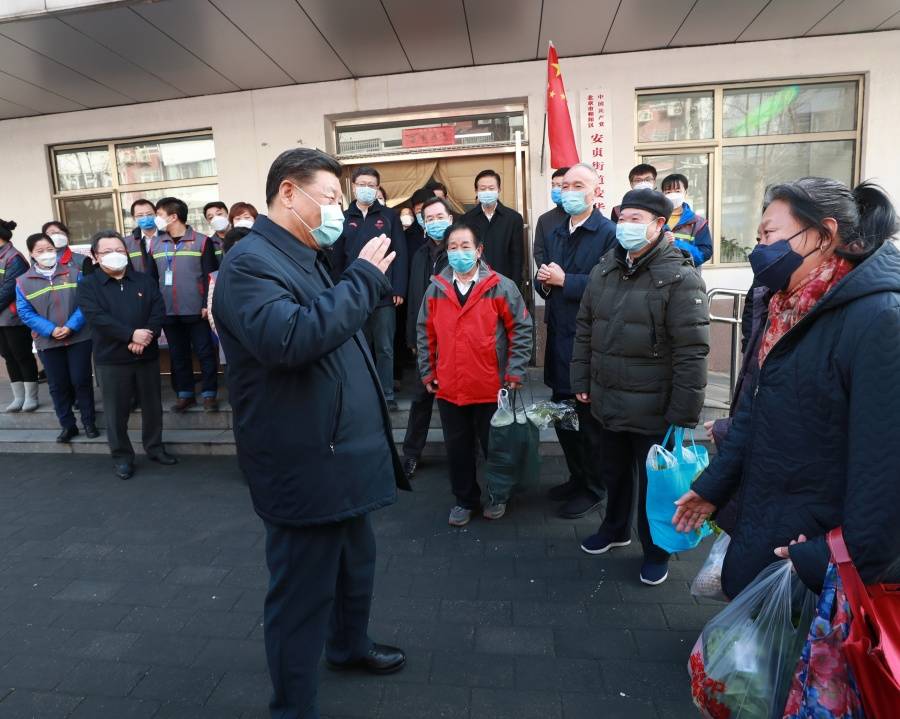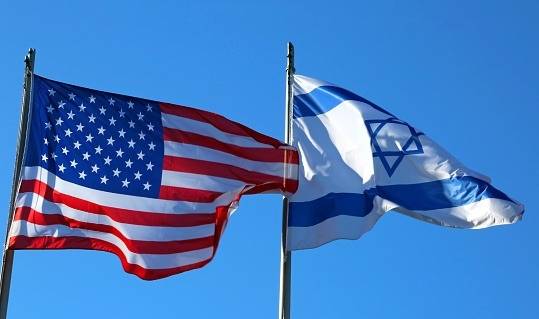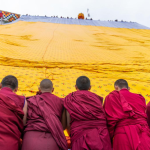Vax Shortages and ineffectiveness haunt China’s internal as well as global vaccine programme …. Writes Dr Varun Sharma
The government and state-run media in China were jubilant after the figures showed the country, which is criticised for the Covid-19 pandemic, exported over 114 million doses of vaccine. It was seen as vaccine diplomacy to build political influence with individual country. China however has hit a snag. China is witnessing a sudden shortage of vaccines to be distributed in the country as well as abroad. And to make the problem worse, many countries have reported low effectiveness of China- manufactured vaccines, showing reluctance. Now the doubts about Covid-19 vaccines could dent China’s diplomacy efforts.
A shipment of China-manufactured Covid-19 vaccine Sinovac arrived in Singapore in March 2020, which Chinese Embassy said would contribute to Singapore’s efforts to defeat the virus and restore normal order of life and economic development. However, the Chinese vaccines are still in a storage facility as Singapore government has decided not to use them owing to lack of transparency in clinical trials. Instead, it has gone ahead with Pfizer-BioNTech and Moderna vaccines.
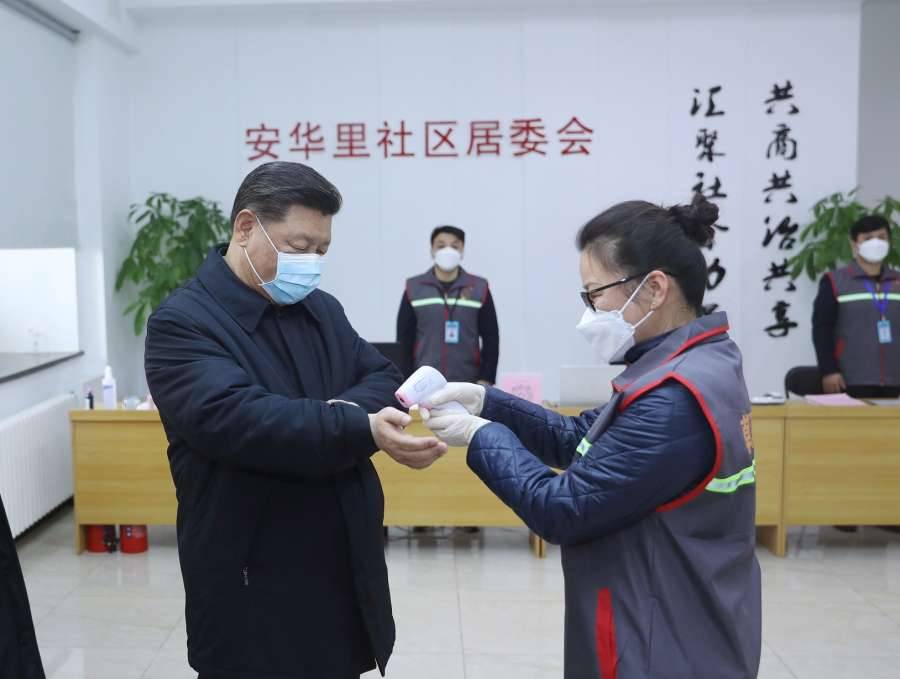
In Kyrgyzstan too, many people including doctors have refused to use Chinese vaccines and instead expressed desire to use Russian ones.
A top Chinese official recently accepted that China- manufactured vaccines did have very high protection rates. Gao Fu, Director of the China Centers for Disease Control, said: “The protection rates of existing vaccines are not high. It’s now under formal consideration whether we should use different vaccines from different technical lines for the immunization process.”
Also read:How China lends to trap developing countries
The rare admission by top Chinese bureaucrat took social media storm. And as expected, Chinese authorities censored online discussions. Also, the state-run news outlet Global Times carried an interview of Gao Fu, who then called it “a complete misunderstanding”.

While Chinese vaccines Sinopharm and Sinovac have met the World Health Organisation’s (WHO) requirements, China has not released the data of clinical trials with public.
Health regulators dodged the question when asked by a reporter about when the data would be released. There have always been global concerns about Chinese ways of conducting research. In July 2020, questions were raised over fraudulent data in research papers by Chinese-authors since they had used have reused identical sets of images.
A YouGov survey revealed that the most of 19,000 people from across 17 countries were distrustful of the vaccines from China.

Inside China too, the vaccination programme is marred by ineffective and inadequate vaccine jabs. Although China was the first country to start vaccinating its nationals, its progress has been quite disappointing. There are just 2.9 doses per resident. 1 According to a survey conducted in February 2020, health professionals are among the most hesitant people among Chinese to take vaccine as 72 percent of them showed lack of confidence.
Also read:‘India ready to combat China’s cyber attacks’
“Initially, we know so little about the vaccine, and there’s a lack of evidence to support its safety and efficacy,” a Beijing-based doctor told Financial Times on condition of anonymity. China has ambitious plans of vaccinating 560 million people – 40 percent of its population — by the end of June 2020.2 However, sudden shortage of jabs has derailed the plans. Now, the government in Beijing has asked all local authorities in China to stop compulsory vaccination drives. Again, the Global Times has come up with rebuttal. It said the reports of vaccine shortage was wrong interpretation by the western media of measures to adjust China’s local vaccination programs.
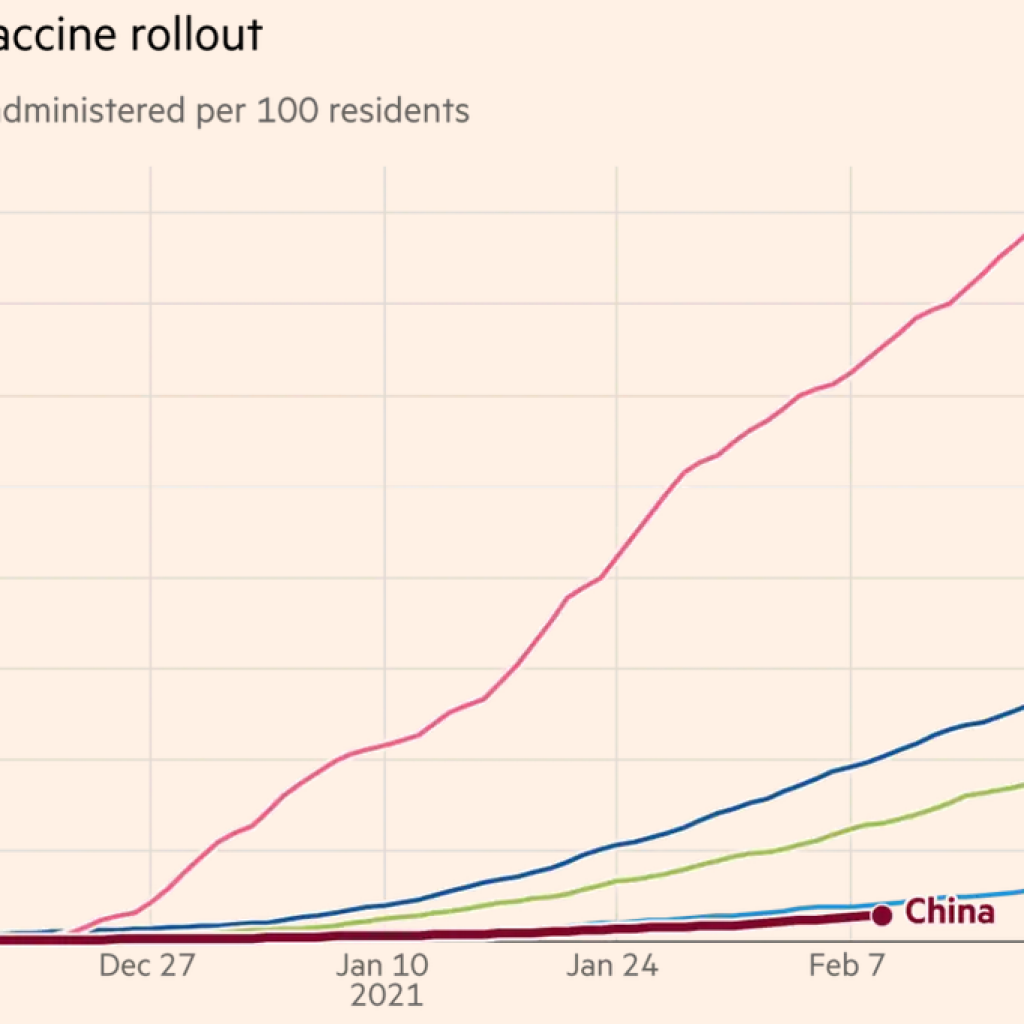
The underperformance of Chinese vaccines could be due to manufacturing issues and vaccine export diplomacy. There have been concerns over safety and side-effects of vaccines produced in China. In the past too, average Chinese people refused to get themselves or their children vaccinated owing to safety issue. There is one more major factor—sale of fake Covid-19 vaccines.
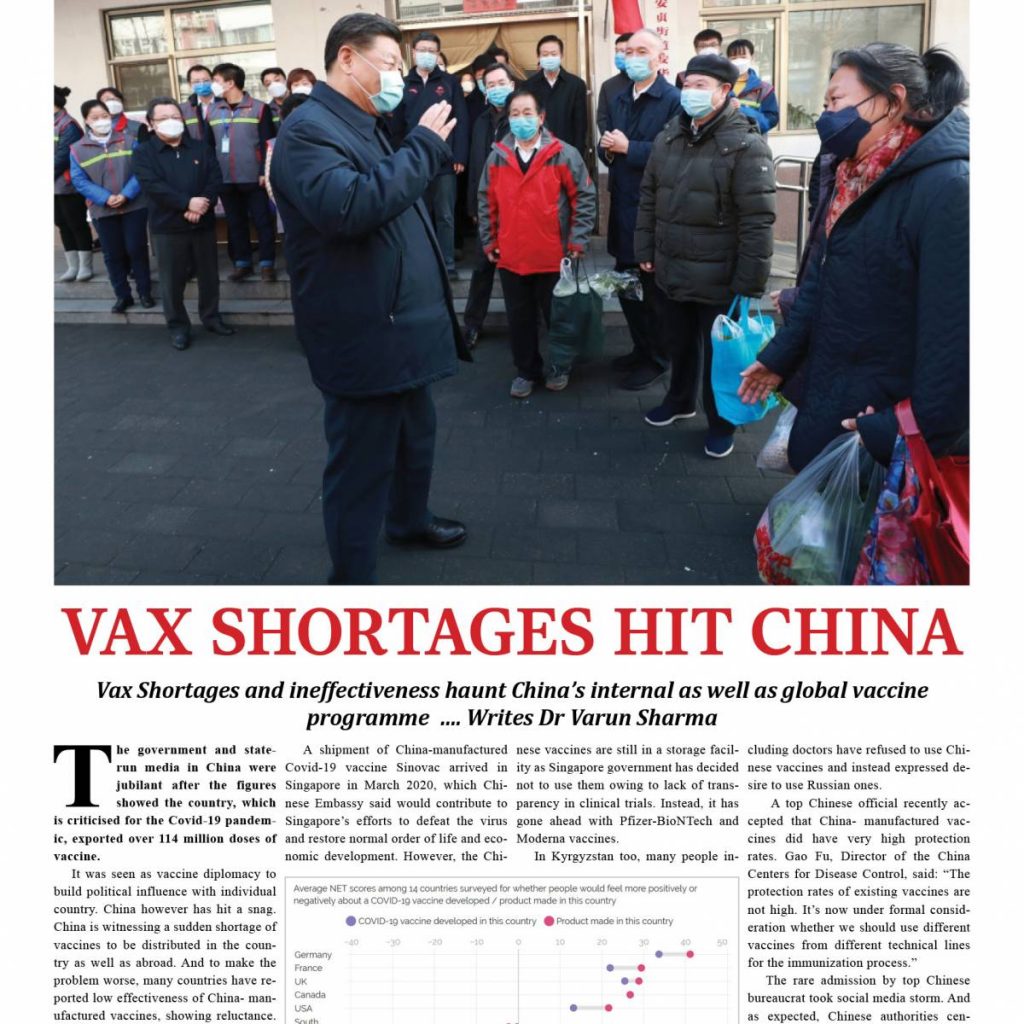
Chinese agencies busted several fake vaccine networks, one of which was found to have produced about 58,000 of fake concoctions. It does have negative impact on the countries that are buying Chinese vaccines. Interpol came across smuggling of such fake Chinese vaccines to South Africa in March this year. These are some of the concerns people have before they tend to get Chinese vaccine jabs.

